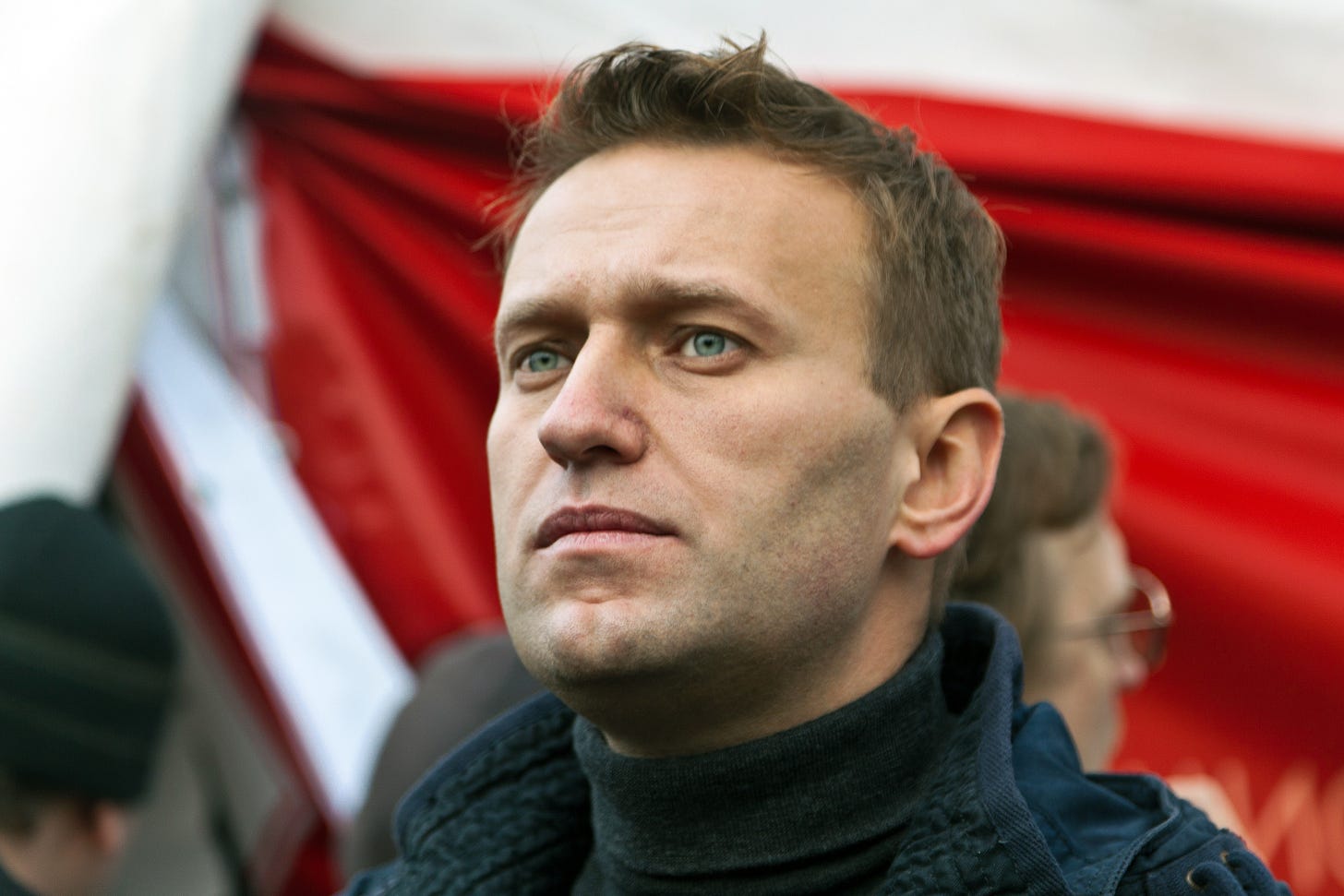Silence in Shadows: The Strategic Fallout of Alexey Navalny's Death Amidst Global Tensions
In an unforeseen and harrowing turn of events that has sent shockwaves through the international community, Alexey Navalny, a formidable critic of Russian President Vladimir Putin and a beacon of opposition within Russia, has succumbed to death under mysterious circumstances within the confines of a penal colony located in the remote reaches north of the Arctic Circle. Navalny's demise, confirmed by the federal prison service, has sparked a torrent of reactions from global leaders, who unequivocally attribute his untimely death to the machinations of the Kremlin, thereby holding Russia accountable for what is widely perceived as a brazen act of political repression.
Alexey Navalny's trajectory as a political dissident was marked by his unyielding crusade against corruption at the highest echelons of Russian governance. His adept use of social media to galvanize public sentiment against systemic graft, coupled with his audacious endeavors to contest political offices, positioned him as a formidable adversary to Putin's longstanding rule. Navalny's return to Russia in January 2021, following a recuperative period in Germany after a near-lethal poisoning incident—blamed on the Russian state—resulted in his arrest and subsequent incarceration on charges widely denounced as politically contrived. This act of self-return was emblematic of Navalny's indomitable spirit and his unwavering commitment to the cause of Russian democratization, even in the face of existential threats.
The coincidence of Navalny's death with the commencement of the Munich Security Conference—a notable assembly from which Russia was conspicuously absent—amid the presence of Navalny's spouse as an attendee, injects a profound layer of geopolitical intrigue into the unfolding narrative. This serendipity raises pertinent questions about the timing and the broader implications of his demise on the international stage.
Delving into the calculus of who stands to gain from Navalny's death, the immediate beneficiary appears to be the Kremlin. Navalny's persistent critique of Putin's regime, underscored by his ability to mobilize mass support and international attention towards Russia's internal affairs, represented a direct challenge to the Kremlin's authority. His death ostensibly eliminates a significant political threat, thereby consolidating the state's control while deterring future dissent through a stark demonstration of the costs of opposition.
Conversely, the West and NATO allies might find in Navalny's death a potent symbol to galvanize international opinion and justify a more assertive posture towards Russia. Navalny's martyrdom can be leveraged to underscore the narrative of a repressive regime at odds with democratic values and human rights, potentially serving as a pretext for escalating diplomatic and economic pressures against Moscow. This scenario envisages Navalny's death as a catalyst for consolidating Western resolve in counterbalancing Russian influence, thereby shaping the contours of international relations in a manner that could either deter further aggression or precipitate heightened tensions.
In conclusion, the strategic reverberations of Alexey Navalny's death extend far beyond the immediate tragedy, encompassing a complex interplay of internal and external political dynamics. As the international community grapples with the implications of this event, the enduring question of how to effectively respond to acts of political repression without precipitating further conflict remains a daunting challenge. Navalny's legacy, characterized by his relentless pursuit of justice and transparency, thus continues to influence the global discourse on freedom, sovereignty, and the universal quest for democratic governance.




